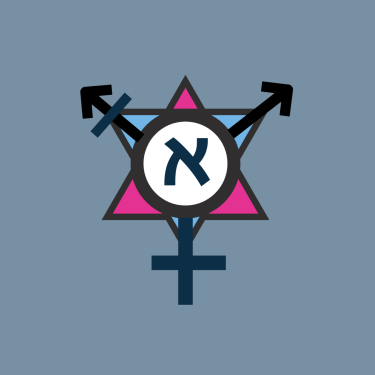Hebrew Program
Why Learn Hebrew at CU Boulder?
Hebrew is one the oldest, continually used languages. It is the language of the ancient Israelites and the Hebrew Bible or The Old Testament from before the Common Era, and today, together with Arabic, is an official language of the State of Israel. Hebrew was spoken in the Land of Israel until about the year 200 C.E. at which point it ceased to be an everyday, spoken language. Yet despite its decline as a vernacular language, Hebrew never became a ‘dead language’. Instead, Hebrew became a sacred tongue used for prayer, religious studies, and stunning medieval poetry as well as a lingua franca for Jews around the world who had no other language in common.
With the advent of the European Enlightenment, and its Jewish counterpart the Haskalah, the language began to be used again for secular matters. Scientific and historical articles were published in the newly founded Hebrew press; poems and works of fiction were written in Hebrew slowly creating a modern Hebrew idiom appropriate for the times. Under the influence of Jewish nationalism and Zionism, modern Hebrew was revived as a spoken language by Hebrew language advocates, none more important than Eliezer Ben-Yehuda. Ben-Yehuda coined many new words and wrote the first modern dictionary of Hebrew in all its incarnations.
Today Hebrew is one of the official languages of the State of Israel. It is still used in prayer and for religious purposes, but has a rich street and contemporary life all of its own. Despite the length of time from Biblical Hebrew to now, the differences between contemporary Israeli Hebrew and the language of the Bible are surprisingly small, and are comparable to the differences between Shakespearean English and its contemporary varieties. At the University of Colorado we offer courses both in Modern Hebrew, where the focus is on its present-day usage, and in Biblical Hebrew, where we learn the intricacies of biblical forms and how to read and understand the Hebrew Bible.
Nonbinary Hebrew Project

Launched by Professor Eyal Rivlin and CU graduate Lior Gross, the Nonbinary Hebrew Project makes Hebrew—historically a gendered language—accessible and usable for nonbinary individuals. Animated by the belief that language has the power to include or exclude, welcome or estrange, this project has received widespread coverage in outlets such as the New York Times, Ha’aretz, and the Times of Israel, and is being implemented in communities across the globe.


